Dhaka, July 9, (V7N) — On the ninth consecutive day of the ongoing quota reform movement, students across the country intensified their efforts by extending the duration of the 'Bangla Blockade' program and announcing further demonstrations. In a significant development, students of Bangladesh University of Engineering and Technology (BUET) formally expressed their solidarity with the movement for the first time.
At a press conference held in front of the central library of Dhaka University (DU), leaders of the Anti-Discrimination Student Movement declared that the ‘Bangla Blockade’—previously observed for shorter periods—would now continue from morning to evening. Protesters also announced that the blockades would not be limited to roads but would expand to include railway lines as well.
The student leaders reiterated their core demand: that quota reform must come through executive action, not through judicial directives. They called on the government to form an independent commission to review and reform the existing quota system in government recruitment.
BUET Students Join Movement
Previously silent, BUET students held a human chain on their campus, displaying placards and banners in support of the ongoing movement. This public stance from BUET—long considered a symbol of academic excellence—added fresh momentum and legitimacy to the protest.
Protests Spread Nationwide
Simultaneous demonstrations and road blockades were observed in Barisal, Habiganj, Rajshahi, and Chittagong, reflecting the movement’s growing footprint across the country.
Counter-Movements and Legal Developments
As student protests gained strength, counter-programs also emerged. A group under the banner ‘We are freedom fighters’ announced they would take to the streets with strict counter-protests unless the student movement was withdrawn immediately.
Meanwhile, in a controversial move, two Dhaka University students filed an appeal in the Appellate Division seeking a stay on the High Court's verdict that had declared abolishing the freedom fighter quota in first and second class government jobs as illegal. The Anti-Discrimination Student Movement distanced itself from the two students, claiming they were not affiliated with the ongoing protests.
The government’s response to the appeal also raised eyebrows. Law Minister Anisul Huq publicly praised the filing of the appeal, which student leaders criticized as a clear attempt to divide and delegitimize the protest.
Government Under Pressure
The student movement's uncompromising stance, combined with growing national support and the entry of prestigious institutions like BUET, has begun to mount significant pressure on the government. With protesters calling for sustained and expansive action, the coming days may prove pivotal in determining whether meaningful reform will occur—or whether the standoff will escalate further.
END/RH/AJ



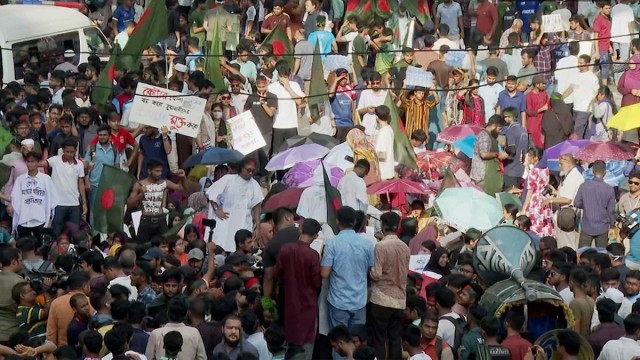
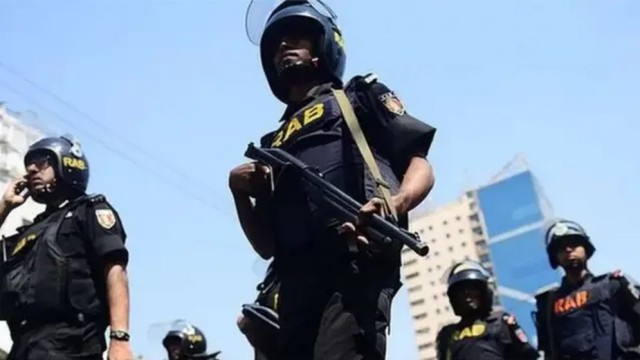
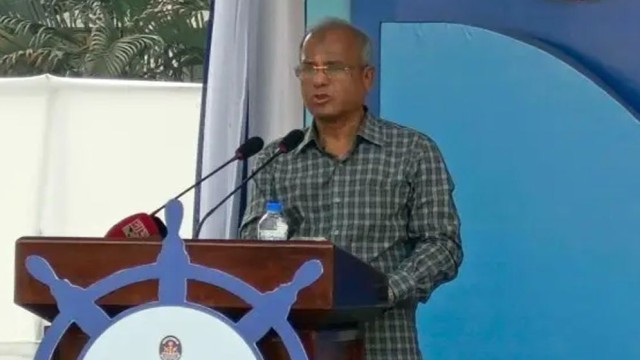
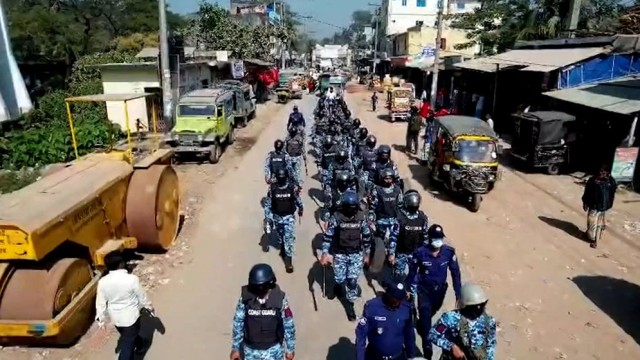


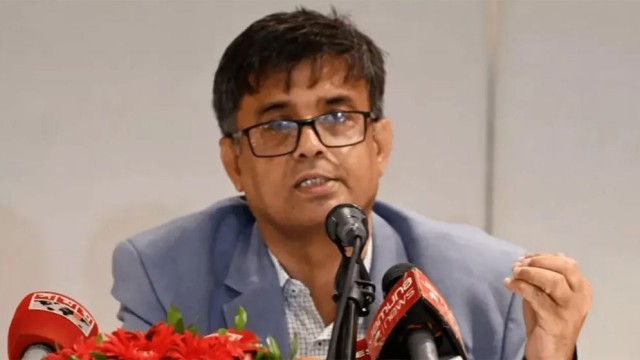


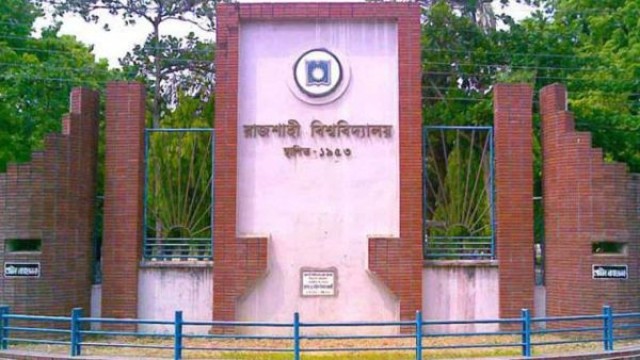

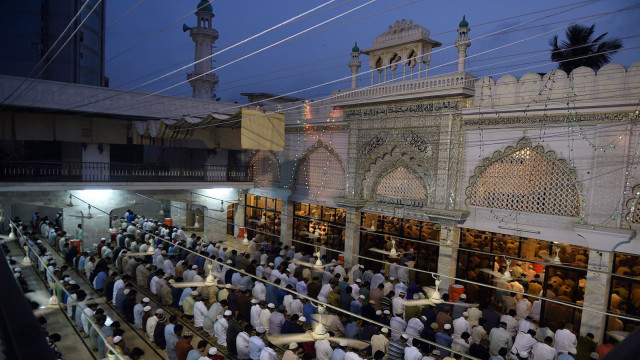



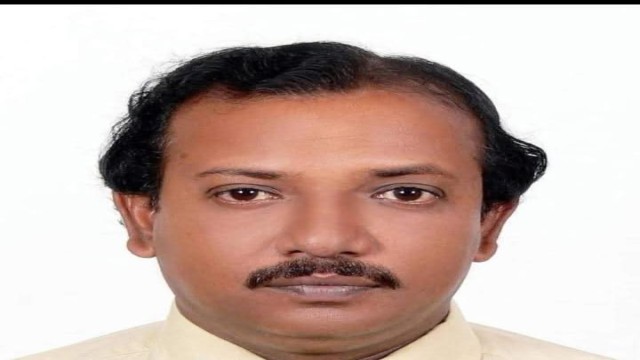











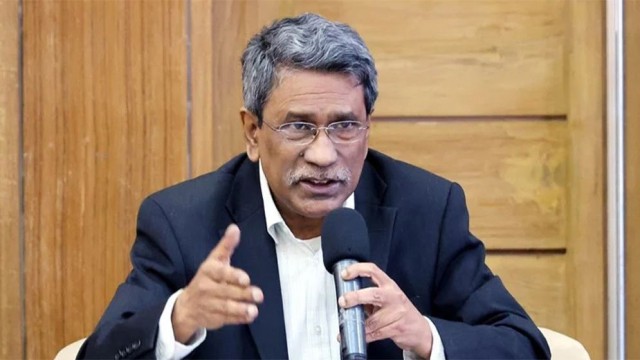
Comment: